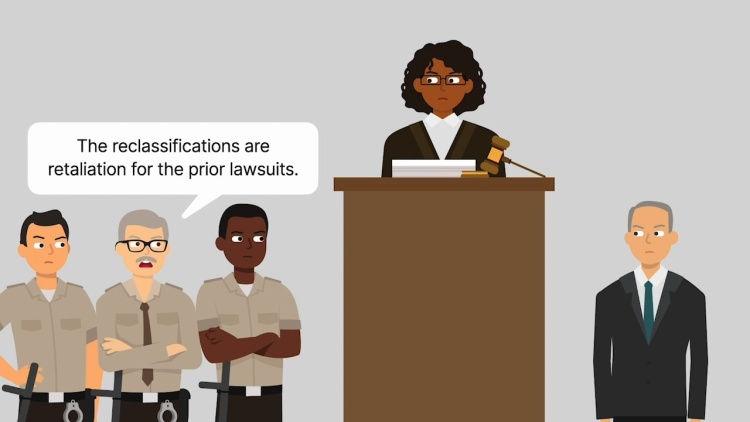City of Midland v. O'Bryant
Texas Supreme Court
18 S.W.3d 209 (2000)

- Written by Eric Cervone, LLM
Facts
Milton O’Bryant and four others (the officers) (plaintiffs) were police officers for the City of Midland (defendant). O’Bryant had previously sued the city twice. In the first instance, O’Bryant alleged violations of the Americans with Disabilities Act (ADA). O’Bryant voluntarily dismissed that suit. The city then notified O’Bryant and several other police officers that their duties were going to be reclassified as civilian positions. The officers had the option to remain in their current positions as civilians, apply for a transfer to another position within the police department and remaining an officer, or apply for a transfer to a civilian position in other city departments. If an officer chose a civilian position, the pay and benefits would be less. After these changes were announced, O’Bryant and four other officers filed a second suit, again citing violations of the ADA. Again, the officers voluntarily dismissed that action. The city then reclassified many of the positions that police officers had held. Each of the plaintiffs in the ADA action were affected. Each officer was put in a position either more dangerous than his previous position, or a position that negatively affected his disability. The officers alleged that the reclassifications were in retaliation for filing the two prior suits. Among other theories of recovery, the officers claimed that the city owed them a duty of good faith and fair dealing. The city responded by arguing that it faced budgetary constraints and that limited resources made it difficult for the city to meet an increased need for law enforcement services. The chief of police testified that due to these circumstances, he filled positions formerly held by police officers with civilians. The city moved for summary judgment, arguing that an implied duty of good faith and fair dealing did not exist in employment agreements. The trial court granted summary judgment in favor of the city. The appeals court reversed in part, holding that the city did have a duty of good faith and fair dealing. The city then filed a petition for review by the state supreme court.
Rule of Law
Issue
Holding and Reasoning (Owen, J.)
What to do next…
Here's why 911,000 law students have relied on our case briefs:
- Written by law professors and practitioners, not other law students. 47,100 briefs, keyed to 997 casebooks. Top-notch customer support.
- The right amount of information, includes the facts, issues, rule of law, holding and reasoning, and any concurrences and dissents.
- Access in your classes, works on your mobile and tablet. Massive library of related video lessons and high quality multiple-choice questions.
- Easy to use, uniform format for every case brief. Written in plain English, not in legalese. Our briefs summarize and simplify; they don’t just repeat the court’s language.





